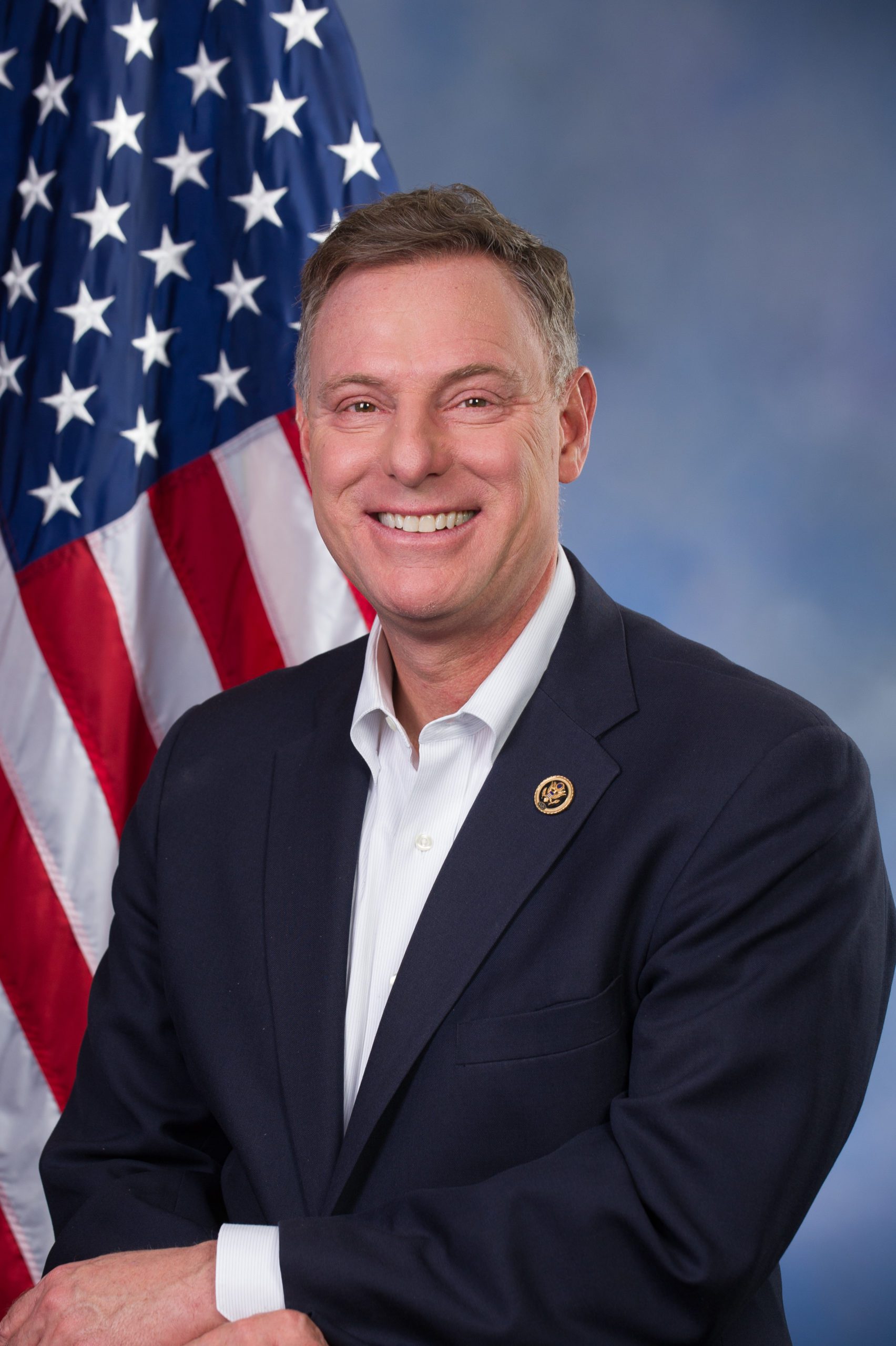
Profile in Courage: Rep. Scott Peters (D-Calif.)
Ross Marchand
October 1, 2021
Plenty of lawmakers come to Washington, D.C. with unusual resume lines and bizarre career trajectories. But Rep. Scott Peters (D-Calif.) may have the most interesting background of them all. The lawmaker went from cleaning pigeon cages to analyzing complex economic issues at the Environmental Protection Agency (EPA) to serving his constituents on Capitol Hill. And, once in Congress, Rep. Peters has continued to deny convention by taking a series of admirable stands for taxpayers and consumers on a range of pressing public policy issues. It’s not easy to do battle against the fashionable big government populism of the day, but the California Democrat is ready to roll up his sleeves and do what’s right. And for doing the right thing even when it isn’t politically expedient, Rep. Scott Peters is a Profile in Courage.
It’s easy to assume that most public officials in Washington, D.C. are born with silver spoons and are far removed from the concerns of ordinary Americans. Rep. Peters took little for granted growing up and worked his way through college even when the jobs were far from cushy. A write-up from his alma mater Duke University recounts, “While at Duke he studied economics and political science. To help earn money, he cleaned the Psychology Department’s pigeon cages for $2.55 an hour. Perhaps that’s one way to prepare for a congressional career.” From early on, the future lawmaker was guided by a strong motivation to do what’s right and bring people together to solve problems holding the country back. Peters took inspiration from his father, who as a Lutheran minister worked toward housing desegregation in riot-torn 1960s Detroit.
The preacher’s son would also strive to improve people’s lives, but by focusing first and foremost on environmental issues. Peters became an economist at the EPA during the Carter administration, which would turn out to be a momentous time for the regulatory agency. In the preceding years, rulemaking agencies such as the EPA focused little on cost-benefit analysis and instead enacted sweeping regulations with little regard to expense or unintended consequence. President Carter pushed agencies to analyze their assumptions while making rules, including disclosing a, “description of the problem, an identification of alternative ways of achieving the policy goal, and an analysis of the potential economic impact of the regulation. A rudimentary cost-effectiveness test was also required to enforce the requirement that ‘the least burdensome of acceptable alternatives has been chosen.’”
Peters was a foot soldier in the cost-benefit revolution and worked on these analyses related to the Toxic Substances Control Act. While the new chemical regulation regime was hardly perfect, Peters and his fellow economists helped ensure that unforeseen costs were adequately considered. Peters would take this pragmatic mentality to the halls of Congress after winning an election for California’s 52nd District (in San Diego County) in 2012. The lawmaker was one of few California Democrats to speak out against the Green New Deal, pointing out the lack of actionable legislation and the strange focus on guaranteed federal jobs and taxpayer subsidies for college (yes, college subsidies are a part of the Green New Deal). To be clear, Rep. Peters has plenty of his own proposals on climate change that would impose large costs on taxpayers and consumers. But Rep. Peters is at least willing to take a stand against the costliest proposals championed by members of his own party. And, he’s similarly willing to fight against the reckless tax increases that inevitably follow these costly spending proposals.
The lawmaker has also taken a commendable stand against price controls on lifesaving medications. Democratic leadership has been loudly pushing for a plan that would embolden Medicare to “negotiate” prices for a wide range of medications, despite unintended consequences such as inevitable drug shortages and lower levels of future research. Rep. Peters rightly points out that, “If you institute it, you won’t have cures because you’ll dry up all the private investment that does that research. … It’s a false promise of generating revenue because that industry is going to implode — it’s going to go someplace else. Just as when Europe started regulating, over-regulating the industry, they moved here.”
This lawmaker knows full well that taking a stand against drug price-fixing is not politically advantageous and will make it more difficult to curry favor with fellow Democrats in the future. But he also knows how important it is to stand up for what is right and speak out against proposals that would jeopardize healthcare access. And for risking it all to make America a better place, Rep. Peters is absolutely a Profile in Courage.
